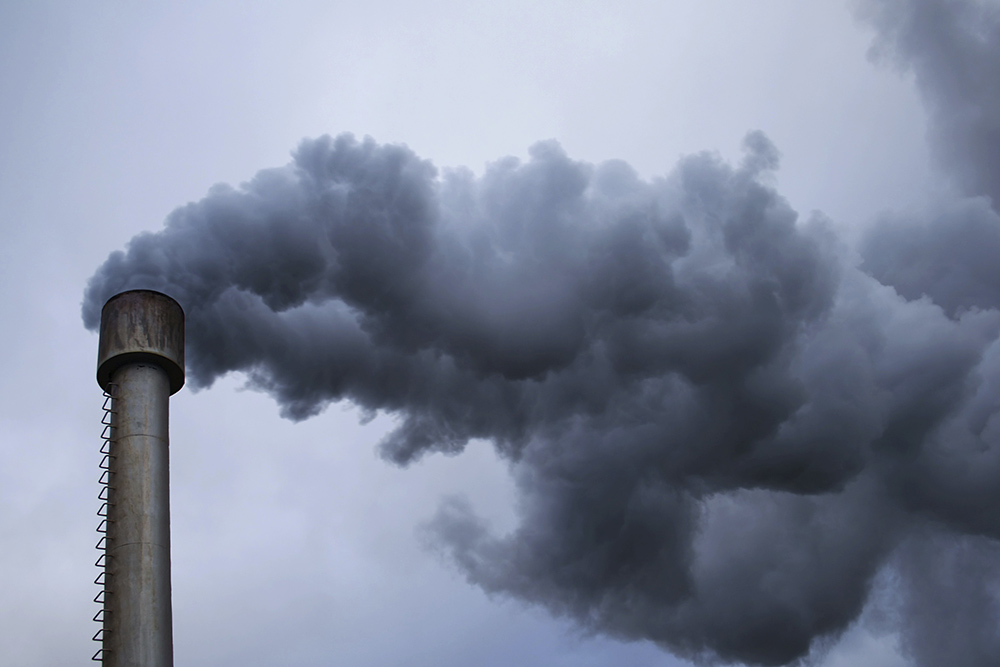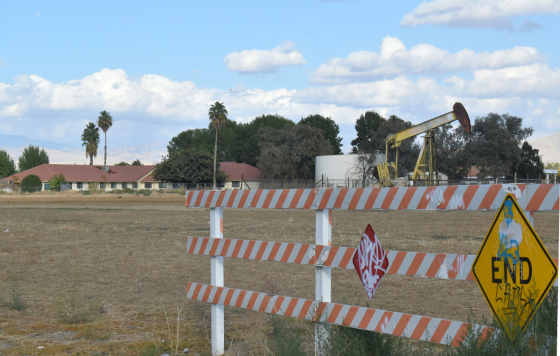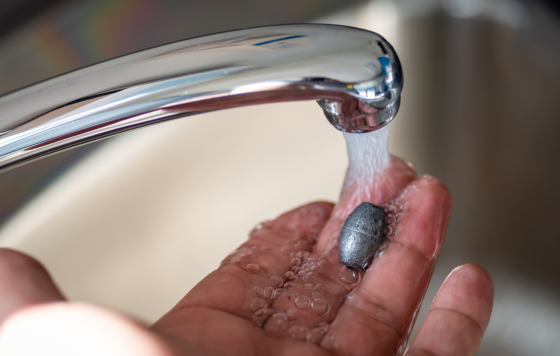
Thirty miles northwest of Pittsburgh in Beaver County, Pennsylvania, Royal Dutch Shell is preparing to build the largest petrochemical processing facility that our region has ever seen. Every day, Shell’s Ethane Cracker Plant will consume ethane from 88 million gallons of natural gas, much of it gained by hydraulic fracturing, and process it into ethylene, one of the major components of plastic products.
So far, the arrival of Shell and their plans to build this facility have been heralded as a savior for this low income area. The state, county, and municipal governments have rolled out the red carpet for Shell with the largest taxpayer subsidy in Pennsylvania's history, minimal requirements for site remediation, and piecemeal permitting process. This all seems to ignore the fact that the process is dirty and dangerous, and that without strong safeguards in place the facility could become a new threat to our air and water.
Southwestern Pennsylvania is already identified as having some of the worst air quality in the nation. The region is designated by the Environmental Protection Agency as a non-attainment area for being out of compliance with Clean Air Act standards for ozone. The cracker plant will add significant pollution to this already vulnerable region by emitting large amounts of Hazardous Air Pollutants (HAPs) and Volatile Organic Compounds (VOCs) which have been known to cause increased cancer rates, birth defects, cardiovascular disease, and respiratory conditions. Beyond that, we’ll see increased gas drilling activity in order to feed the Cracker Plant’s demands. Thanks in part to the gas drilling industry, Pennsylvania is already responsible for 1% of the entire world’s man-made greenhouse gas emissions and increased drilling activity will only add to our contribution to climate change.
Shell is also proposing to discharge a variety of toxic pollutants like oil, benzene, and phthalates into the Ohio River, which is already designated as most polluted in the United States. In addition, existing contamination from lead, arsenic, and other pollutants at the site is pervasive and impacts the soil and groundwater. Shell has not only openly rejected remediation options and opted to allow the pollution to remain in place, but are even considering deleting and weakening monitoring requirements for several toxic pollutants that are part of the legacy pollution at the site
Clean Water Action is partnering with residents, community groups, and other environmental organizations to fight for the strongest possible permits, pollution controls, and monitoring equipment. Simple safeguards like requiring fence-line air quality monitoring, setting and enforcing limits on incinerators and flares, and making sure that Shell intends to comply with the Clean Water Act would minimize the potential negative impacts to southwestern Pennsylvania for generations to come.
The petrochemical processing facility won’t be up and running for another five years, but the decisions made now will set the tone for generations to come. Let’s make the message clear: It’s time to crack down on Shell’s Ethane Cracker Plant!


